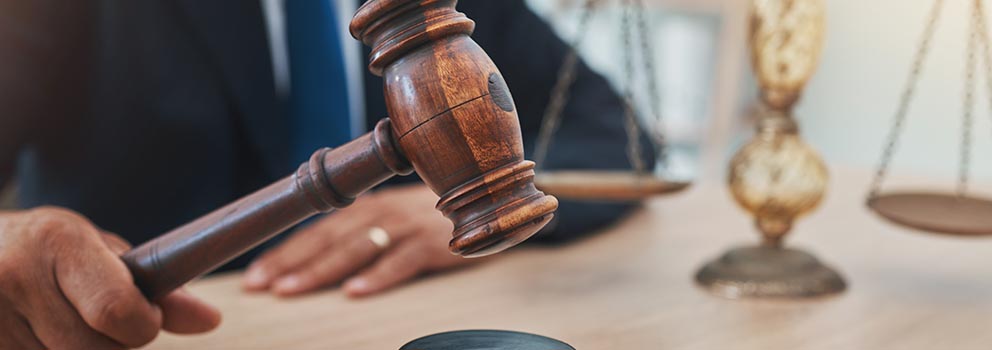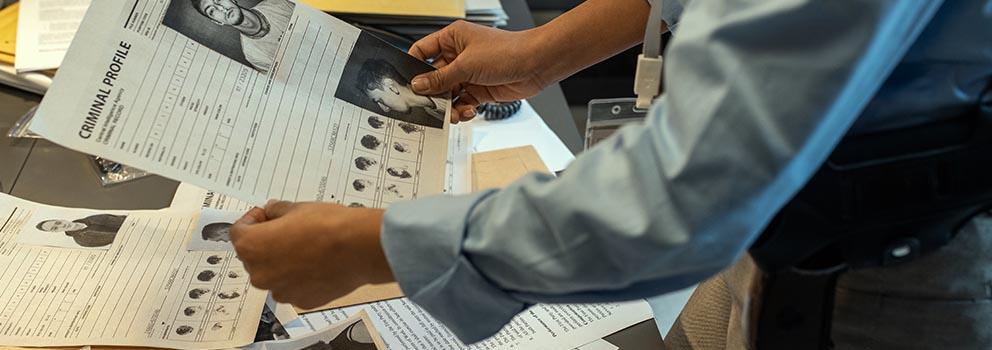
Domestic Violence of a High and Aggravated Nature (DVHAN) is the most serious domestic violence charge in South Carolina.
A conviction carries a felony record, years in prison, and no chance of expungement. Prosecutors and law enforcement treat these cases aggressively—often overcharging defendants based on exaggerated claims or minor evidence. But being accused does not mean you are guilty. Chambers Law fights to protect your freedom and challenge the state’s case against you
Call 843-449-0420 today for a free consultation.

What is Domestic Violence of a High and Aggravated Nature?
South Carolina law defines DVHAN under S.C. Code § 16-25-65 as a felony domestic violence charge involving:
- Extreme indifference to human life, causing great bodily injury to the alleged victim
- Actions that would reasonably cause fear of imminent great bodily harm or death
- Violating a protection order while committing a domestic violence offense that would normally be DV 1st Degree
Unlike lower-degree domestic violence charges, physical contact is not required for a DVHAN charge. A threat, a weapon, or even the presence of minor injuries can lead to felony charges with life-changing consequences.

Penalties for Domestic Violence of a High and Aggravated Nature
DVHAN is classified as a violent felony in South Carolina, meaning:
- Up to 20 years in prison
- No eligibility for parole until a significant portion of the sentence is served
- Permanent felony record—cannot be expunged
- Loss of firearm rights under federal law
- Potential restraining orders that can limit where you live and who you contact
Because DVHAN is prosecuted in General Sessions Court, those convicted face the possibility of substantial prison time and life-long consequences.

Common Scenarios that Lead to DVHAN Charges
Law enforcement often overcharges defendants with DVHAN in cases that do not meet the legal standard for this crime. Common accusations that lead to a DVHAN arrest include:
- Choking or strangulation—visible bruises or scratches on the throat
- Brandishing a weapon—even if no actual harm was caused
- Threats of serious harm or death—such as saying “I’ll kill you” during an argument
- Injuries requiring emergency medical treatment
- Use of a deadly weapon—even if no contact occurred
Almost anything can be classified as a deadly weapon under South Carolina law. Courts have ruled that objects such as shovels, BB guns, gasoline, or even cars can be considered deadly weapons in domestic violence cases. This broad definition often leads to inflated charges that do not match the reality of what happened.

How We Defend DVHAN Charges
At Chambers Law, we aggressively challenge every aspect of the prosecution’s case. Common defense strategies include:
- Self-defense: Were you protecting yourself from harm?
- False accusations: Was the claim exaggerated or made out of revenge?
- Lack of evidence: Can the prosecution prove its case beyond a reasonable doubt?
- Violation of your rights: Were you unlawfully arrested or questioned without an attorney?
We conduct an independent investigation, challenge weak evidence, and fight for dismissed or reduced charges.

Preliminary Hearings & Legal Options
If you are charged with DVHAN, you are entitled to a preliminary hearing—but you must request it within 10 days of your bond hearing. This hearing allows us to challenge probable cause and potentially have the charge reduced or dismissed.
Other legal options include:
- Pre-Trial Intervention (PTI): If eligible, completing this program may lead to dismissal.
- Plea Bargaining: Negotiating a DVHAN charge down to DV 1st or a lesser offense.
- Jury Trial: If necessary, we aggressively fight your case in court.
Because prosecutors often overcharge defendants to pressure plea deals, having an experienced attorney can mean the difference between prison time and freedom.

Can You Expunge a DVHAN Conviction?
No. A conviction for Domestic Violence of a High and Aggravated Nature cannot be expunged. It remains on your record permanently and will impact background checks, employment opportunities, and your rights.
However, if your case is dismissed or you are found not guilty, you may be eligible for expungement. Our goal is to prevent a conviction so you don’t have to live with the consequences.

